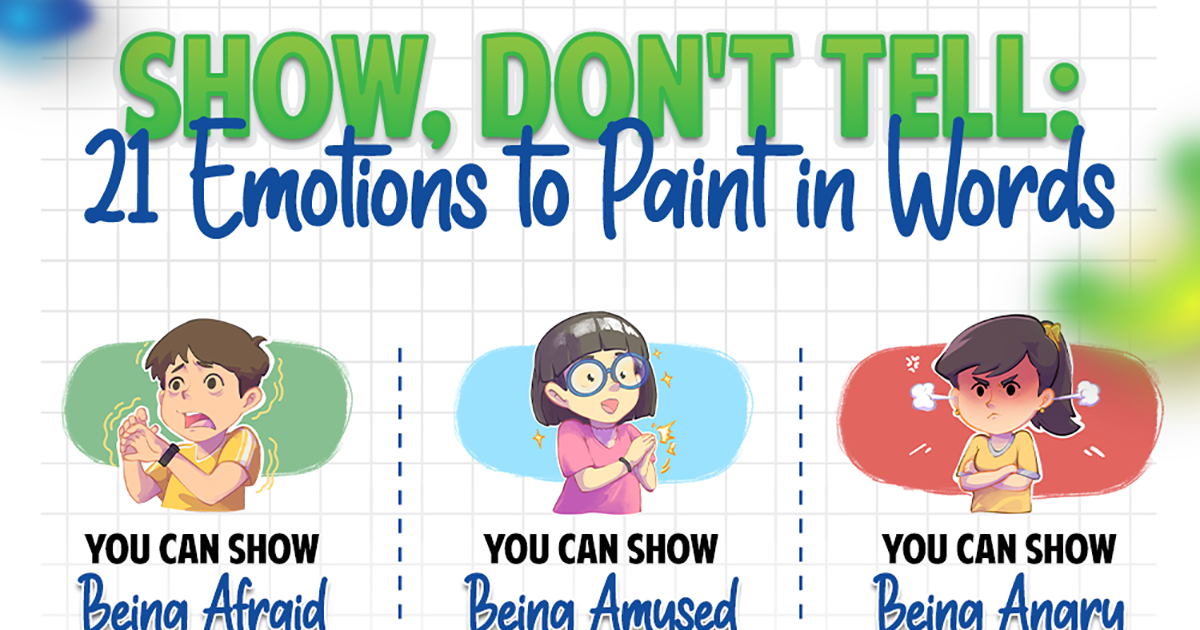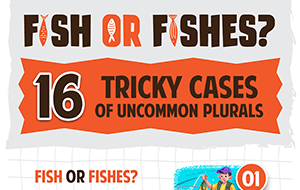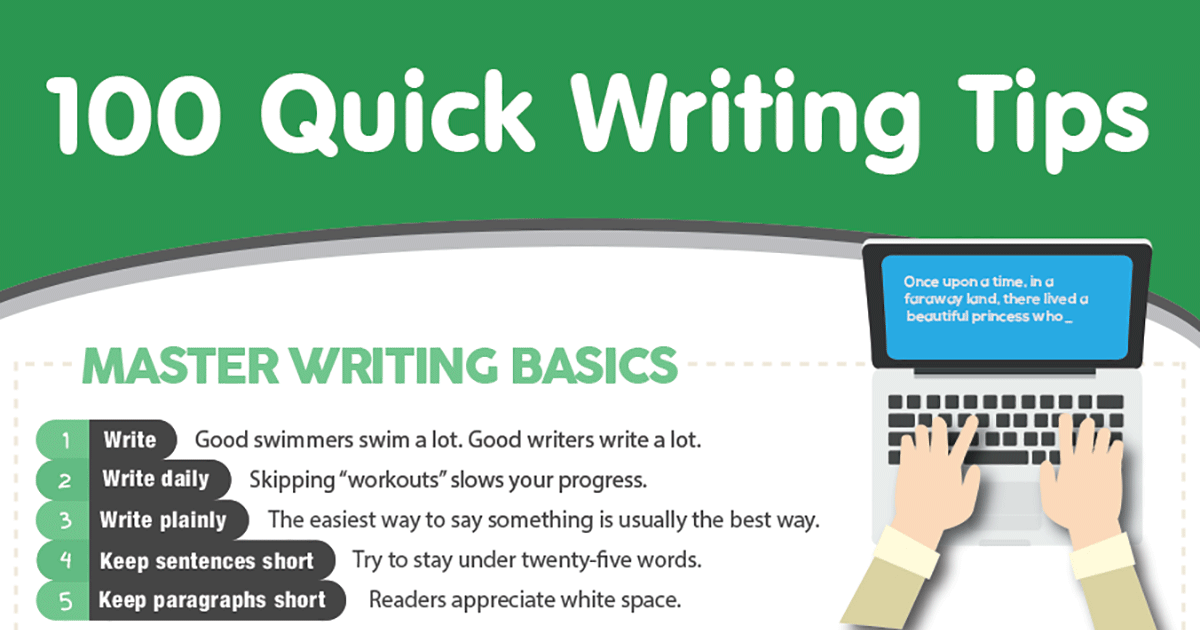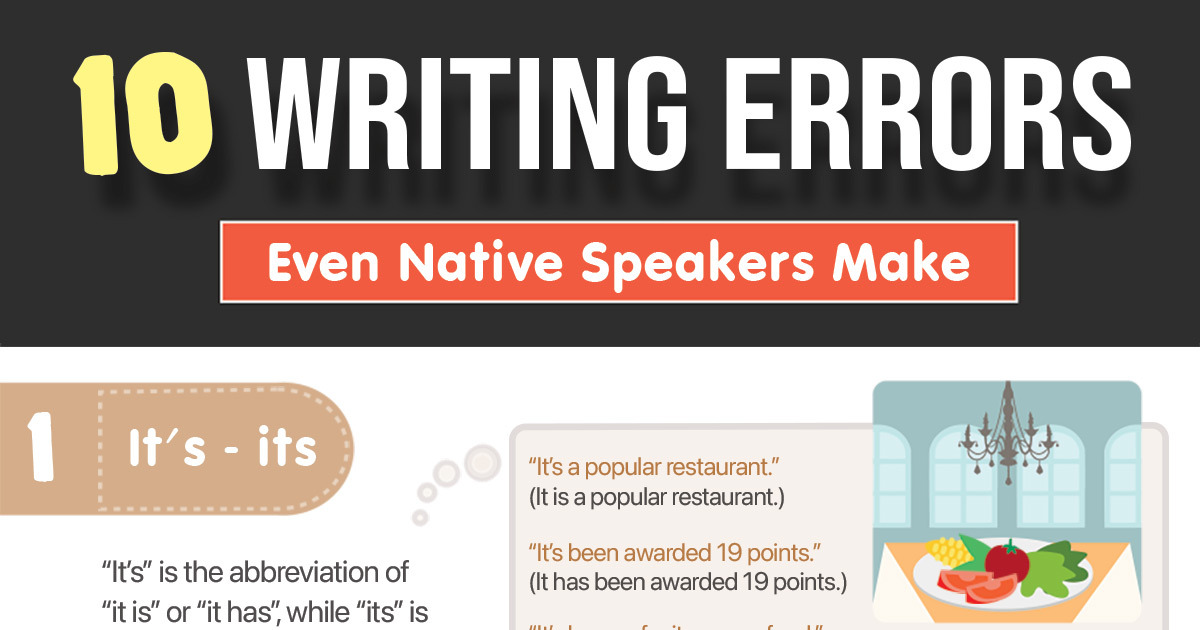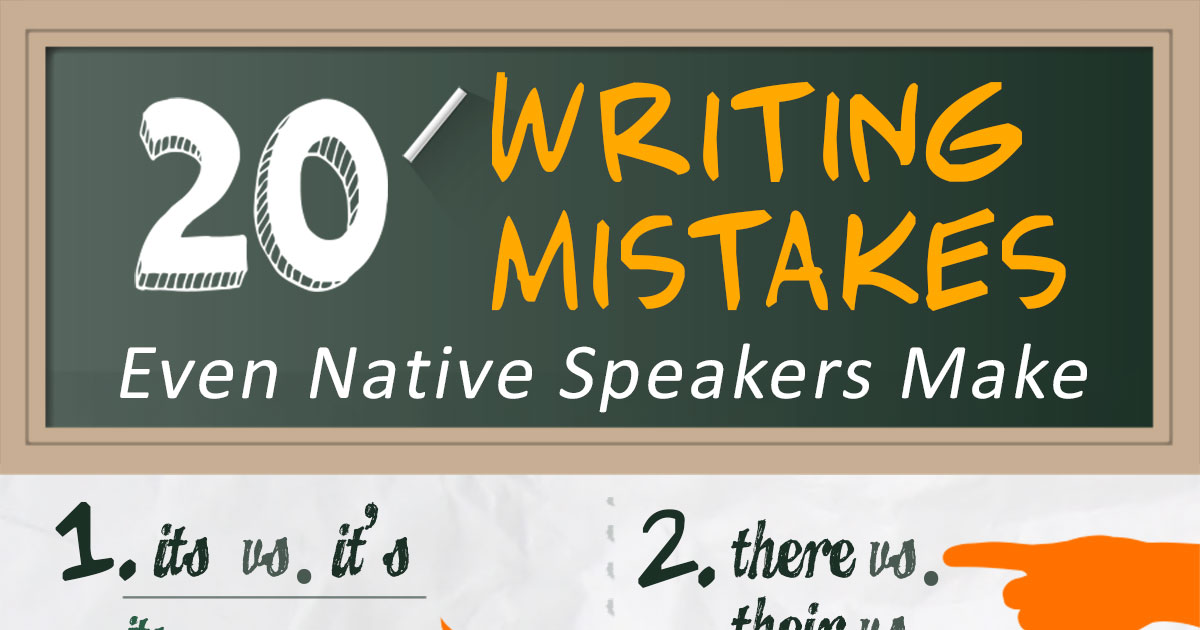 Many, many years ago, when computers were still the size of wardrobes and the world wide web was a really scary spider’s lair in a science fiction writer’s imagination, my Dad gave me a pair of huge dictionaries that he had picked up from a second hand bookshop. He was always keen on me bettering my vocabulary, because as you know, teenagers only communicate by grunting. I used to sit for hours browsing through these great dusty tomes looking for the most obscure English words I could find and then I would try to pepper my conversation with them.
Many, many years ago, when computers were still the size of wardrobes and the world wide web was a really scary spider’s lair in a science fiction writer’s imagination, my Dad gave me a pair of huge dictionaries that he had picked up from a second hand bookshop. He was always keen on me bettering my vocabulary, because as you know, teenagers only communicate by grunting. I used to sit for hours browsing through these great dusty tomes looking for the most obscure English words I could find and then I would try to pepper my conversation with them.
These days, hardback dictionaries are long gone and replaced by all manner of resources readily available through your keyboard. The Internet is a great source to find out about English words, but if we’re honest, most of the words you read on a daily basis will be in readily accessible and understood language. You won’t necessarily have access to any olde-world English words, so here are a few rather ridiculous ones for you to try out on your nearest and dearest.
1. Archimage (first recorded use 1553): This is actually a really cool word when you break it down and think about it, isn’t it? Whenever you see archi, it relates to chief, head or master, while mage of course comes from magus and has the same route as magic. So archimage is a chief magician or a great wizard. Dumbledore in Harry Potter, perhaps?
2. Benempt (1580): How fabulous! Benempt is the past tense of ‘bename’, which means exactly what it suggests it does and bequeaths somebody a name. You can just imagine someone’s Mum saying, “No, you can’t call yourself Jazzy Jizzfiddle, I benempt you David Carter.”
3. Cankerfret (1618): Is a rather difficult way to say that something is corroding thanks to a healthy dose of rust. But it can also, rather charmingly, describe a blister in the mouth or something that is being eaten away by gangrene. Mmm, nice!
4. Coggly (1695): A coggle is a small rounded stone that has been worn smooth by the water. Therefore, coggly naturally means something that is shaken and unsteady when stepped on. A splendid pair of ridiculous English words, don’t you think?
5. Fanfaronade (1652): Fanfaronade describes boisterous or arrogant language. So someone who brags or is ostentatious in their use of English words, or any other words, could be described as loud, brash and prone to fanfaronading. Fanfare is extrapolated from this and was first used about a century later.
6. Fribble (1627): Fribble is another word that we really ought to rescue from obscurity. It means to falter or stammer, but more pertinently than either of these, from 1709 it came to mean tottering when walking. Therefore, when reviewing Lady Gaga’s latest wardrobe ensemble we can suggest that she fribbled down the street away from the paparazzi in her impossibly high shoes. A fribbler can be described as someone who acts aimlessly or feebly.
7. Ginglyform: This is a pretty ridiculous sounding word which means hinge shaped. Ginglymoidal, which is arguably even more ridiculous, means to resemble a hinge.
8. High-low (1801) High-lows is nineteenth century fashion terminology for footwear that neither reached high up the leg, nor sat below the ankle. The high-low was a laced boot that reached above the ankle but didn’t rise as a high as a boot.
9. Lickerous (1603): This is my favourite word on the list. It means something that is pleasing to the palate, something sweet, pleasant and delicious. It also came to describe the eagerly, desirous longing, greedy desire within us all. From 1653 it described someone who was lecherous, lustful and wanton.
10. Mammothrept (1599): In the sixteenth century a mammothrept was a spoilt child. This has to be one of the best - albeit ridiculous sounding - English words ever. Surely this is due for resurrection, because as we well know, the twenty-first century has more than its fair share of mammothrepts!
11. Noodle: Of course you’ve heard of noodle, and you’ve probably eaten them too. Noodles as we know them are made from wheat, flour and eggs and are served in soup or in Chinese and Asian food. However, much more interesting is the old 1753 use of the term, now largely obscure, to describe a simpleton. Try this, “My mammothrept, who I benempt David Carter, is both a noodle and a fribbler.” What a beautifully ridiculous sentence!
12. Profluvium (1603): Profluvium is not the most charming word to use in conversation. It means a flowing forth; a copious flow or discharge. As in, “I had a bad cold. There was quite a profluvium from my nasal passages.” Yuck!
13. Quivive (1726): Quivive is a sentinel’s challenge, intended to discover to which side the party challenged belongs. For example, “Halt who goes there,” is a quivive, for example. If you are ‘on the quivive’, you are on the lookout.
14. Ramiferous (1819: This rare, ridiculous sounding word means ‘to bear branches’. That will be a tree then, I guess?
15. Replevin (1461): Drawn from the law, replevin means: the restoration to, or recovery by, a person of goods or chattels taken from him, as long as he agrees to have the matter tried in a court of justice and to return the goods if the case is decided against him. From the year 1465, a person could recover their goods by a writ of replevin.
16. Sesquiplicate (1714): Sesquiplicate means to bear or involve the ratio of square roots of the cubes of the terms of a certain ratio. I’m sorry; you’ve completely lost me there but it just sounds great tripping off the tongue. Sesquiplicate is such an eighteenth century word, isn’t it? You can imagine a group of men, marked with small pox, wearing their powdered white wigs and rouged cheeks, a long time away from their last bath, sitting around in a fancy parlour drinking tea in pretty cups and arguing about the sesquiplicate. Thank heavens then for that other eighteenth century leisure pursuit, one of those English words that will never go out of fashion; gin. Now where’s the tonic?
17. Superchery (1598): Superchery is an attack made on one at a disadvantage. It’s a piece of foul play or trickery. “He didn’t win fairly, that was mere superchery I tell thee!”
18. Withershins (1513): Withershins describes movement in a direction opposite to the usual; the wrong way, or in a direction contrary to the course of the sun. Unfortunately, it is regarded as unlucky, and even as a portent of disaster, hence “My lickerous partner was sick with a profluvium and so I thought would go home, but he went withershins and while fribbling was knocked over by an elephant carrying a large number of mammothrepts from the local circus. What a noodle!” I challenge you to try that sentence out on someone today.
19. Wi-wi (1845): Wi-wi used to be Australian slang for a Frenchman. I guess they were referring to ‘oui, oui’ (yes, yes), but came off sounding more like a call for the toilet. Silly.
20. Yex (1629): Meaning to sob, to hiccup, to belch forth, yex is a fabulous word to describe those great uncontrollable sobs kids have when they are really upset, isn’t it? “Where’s Johnny”? “Oh, he’s having a yex, he’ll be fine in a few minutes.”
So there you have it, twenty English words; most of which should be left to die a graceful death in charity shops up and down the country, and others that surely deserve a revival - if for no other reason than they sound ridiculously cool. Try a few out today!

